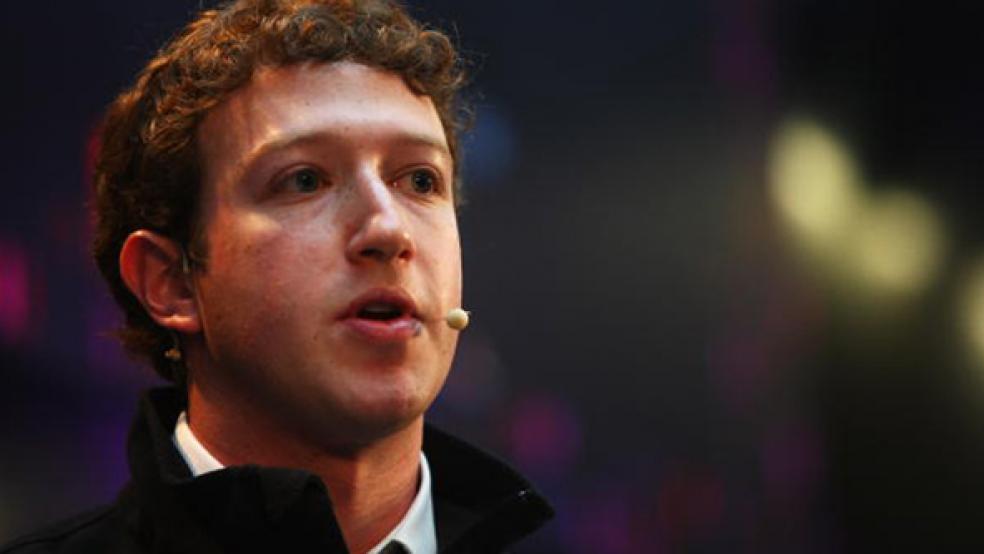Facebook’s $2 billion purchase of Oculus VR, maker of the Oculus Rift virtual reality goggles that have been the subject of huge buzz among gamers, shows just how quickly we’re heading to a brave new world in which our interactions with places and objects — and potentially other people — may be dramatically different, and more immersive, than what we’ve known.
The transition might be inevitable, but it won’t be easy. For proof, Mark Zuckerberg need only look at how Google Glass has been received since it was first released just over a year ago.
Related: Facebook’s Zuckerberg Bets Big on Virtual Reality
Glass, of course, isn’t about putting wearers into a virtual reality as much as augmenting existing reality through the power of mobile computing. Still, Google is now going to great lengths to try and convince people that the high-profile smartglasses are not the creepy, imminent threats to privacy some say they are. In the process, Google may be protesting too much — potentially hindering, not helping, the technology's ultimate acceptance into polite society.
Don’t Be a Glasshole
Last month the company posted a page of suggested guidelines for Glass users. Gems include:
- Don't "glass out," i.e., stare endlessly off into the Google Glass "prism" while you read War and Peace, lest you end up looking "weird."
- Don't "wear it and expect to be ignored," because "let's face it, you're gonna get some questions."
- And perhaps the best, don't "be creepy or rude, aka, a Glasshole."
Then again last week, Google had another go at trying to rework Glass' negative image, with a blog post titled "The Top 10 Google Glass Myths." The popular myths the company sought to dispel include:
- Glass is always on and recording everything: "Glass isn't designed for or even capable of always-on recording," Google retorts. "The battery won’t last longer than 45 minutes."
- Glass does facial recognition (and other dodgy things): "That’s not true," says the company. "We made the decision ... not to release ... facial recognition Glassware unless we could properly address the many issues raised by that kind of feature."
- Glass marks the end of privacy: "When cameras first hit the consumer market in the late 19th century, people declared an end to privacy ... People feared the same when the first cellphone cameras came out. In ten years there will be even more cameras, with or without Glass."
Let Sleeping Smartglasses Lie
On the one hand, Google could be given some credit for trying to address the detractors of Glass head on. The best defense is a good offense, etc. But until Glass and other equivalents work their way organically into society and gain respectability on their own terms, Google might be better off leaving well enough alone.
Glass or its equivalent is coming, and the company should be patient. Google is already offering designer frames for Glass, which is a big next step in making wearers stand out less and appear less creepy. Google has even teamed up vision insurance giant VSP to offer insurance coverage on frames and lenses. The blessing of the health care community, even just a part of it, is another big step towards ultimate mainstream acceptance for not just Glass but for the technology as a whole.
Google didn't exactly vanquish all the criticisms facing Glass in its two web postings, but it's spot on about at least one thing: people were freaked out by the seemingly spontaneous and near-ubiquitous emergence of cell-phone cameras. All of the sudden, they were everywhere. But now, not only does nobody give them a second thought, they've become the default way people take photos.
Why buy a camera when you can snap a perfectly acceptable photo with your phone, or for that matter, with your eyeglasses?
Top Reads From The Fiscal Times:





